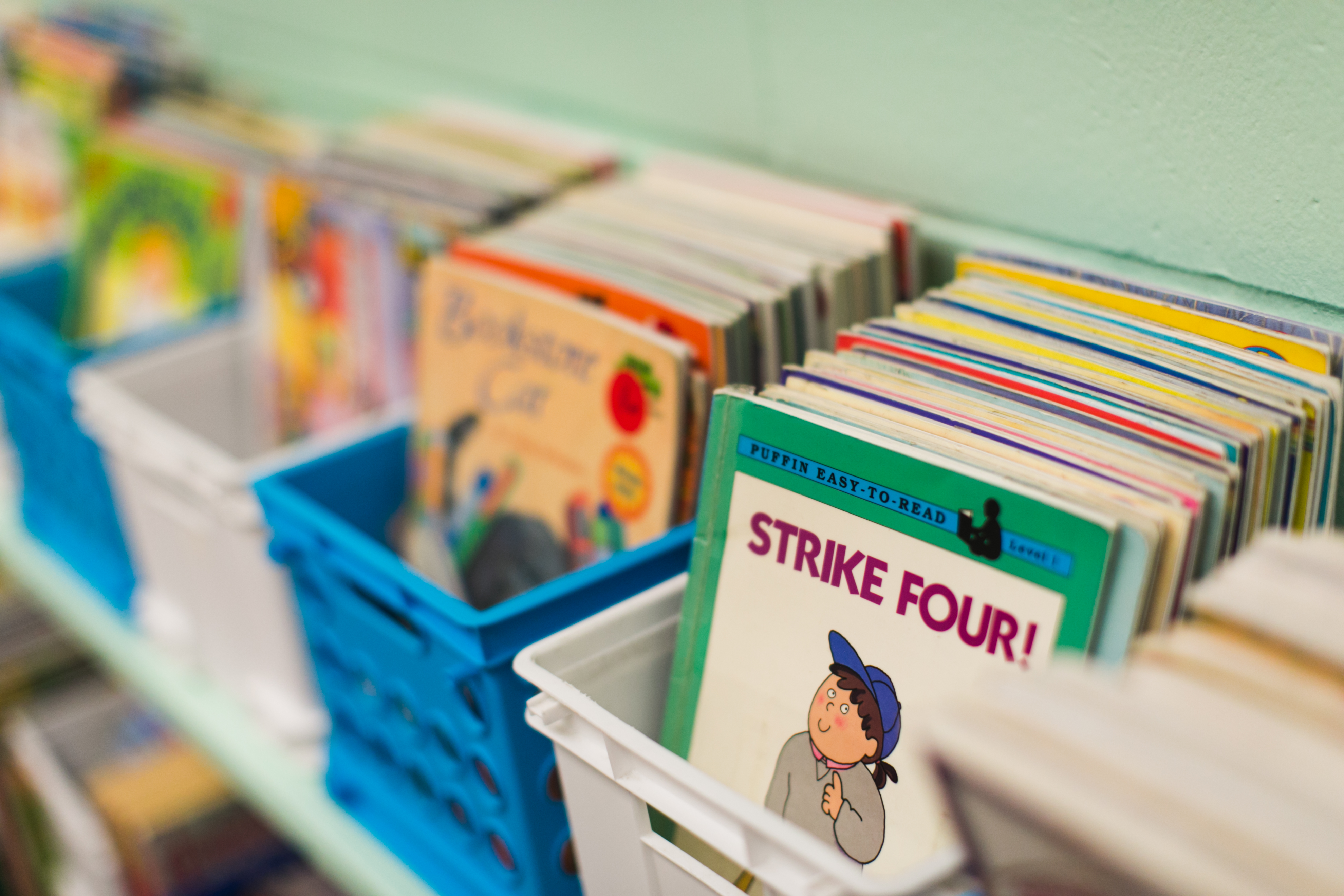The Minnesota Department of Education (MDE) seek applicants for a $21.2 million grant from the U.S. Department of Education to improve reading skills of students from birth through grade 12. The grant will serve an estimated 30,000 students.
The funds will be used to provide coaching supports for teachers and educational leaders, strengthen the use of evidence-based literacy practices in targeted schools and non-profits, and engage families and communities, all with the aim of increasing the literacy skills of disadvantaged children in Minnesota.
Priority will be given to schools and early childhood programs serving high concentrations of students living in poverty, learning English, or receiving special education services.
Funds can be used to hire reading coaches, provide summer reading programs, expand professional development, purchase literacy supplies, and improve data collection and software storage.
“We know success in school depends on our students’ ability to read well at every grade,” said Education Commissioner Brenda Cassellius. “This grant gives us a significant boost in our work to make sure all of our students—from our youngest learners through our high school graduates—attain the necessary reading skills that will help them succeed in school, work and life.”
The department will provide more information about the Striving Readers Comprehensive Literacy Grant and its distribution this coming spring, with funds expected to be out the door by summer 2018. The department will provide assistance and guidance to districts and non-profits awarded funding.
Recognizing that early literacy is a critical developmental milestone for students, Governor Dayton worked with the Minnesota Legislature in 2011 to set the goal of ensuring every child could read at or above grade level by third grade. Minnesota’s Reading Well by Third Grade statute emphasizes the importance of early learning literacy as an important developmental milestone for students, and currently funds $45 million in literacy incentive aid for schools based on students’ reading proficiency and growth.
Reading proficiency is one of the five performance measures in the school accountability system known as World’s Best Workforce, passed in 2013 to ensure every school district in the state is making strides to increase student performance. The World’s Best Workforce law requires school districts to show progress in key areas, such as having all third-graders reading at grade level and making sure all students are ready for career and college. Improving reading proficiency is key to reaching Minnesota’s goals.
The new federal grant funds will build upon the $257 million in early learning and literacy investments made under the leadership of Governor Dayton since taking office in 2011. More than 99.5 percent of Minnesota schools across the state now offer free full-day kindergarten, which has benefitted 168,000 Minnesota 5-year-olds. A total of 16,400 children have accessed early learning programs through early learning scholarships, and 6,100 4-year-olds are enrolled in school-based pre-K and school readiness plus programs this fall in 109 school districts and charter schools across Minnesota.





